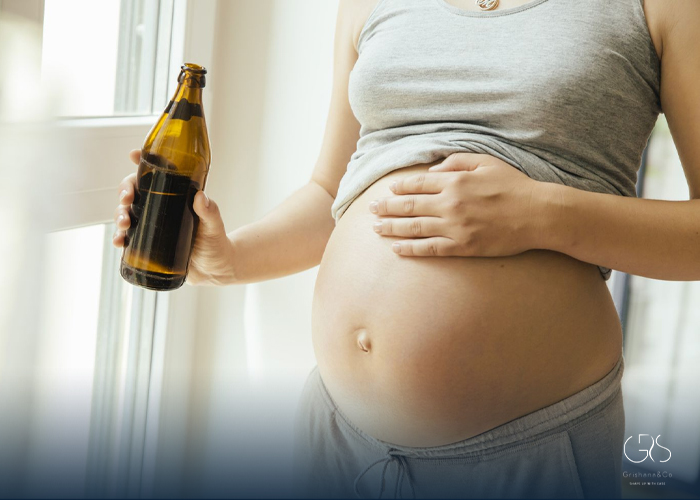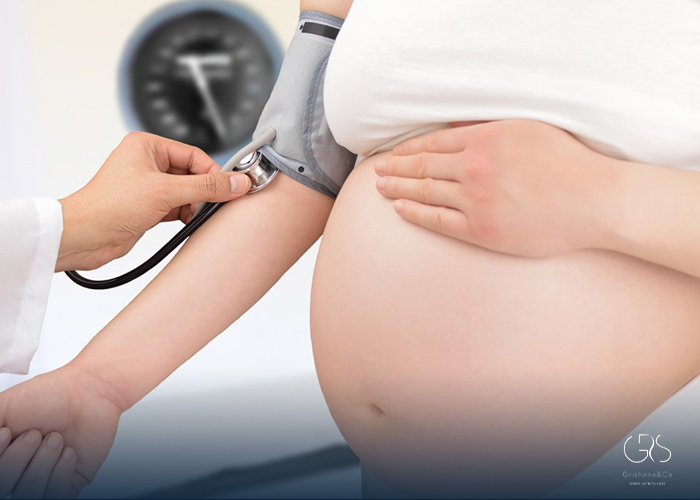Pregnancy is a time that calls for careful consideration of the health and well-being of both the mother and the developing fetus. It is widely accepted that alcohol consumption during pregnancy can pose serious risks, leading to fetal alcohol spectrum disorders (FASDs). Nonetheless, there are debates about when it may be considered safe to drink beer or any alcoholic beverage during pregnancy. In this article, we will explore this issue while considering relevant statistics, diverse perspectives, and expert guidance.
The Consensus: Abstaining for Safety:
The prevailing medical consensus strongly advises avoiding alcohol altogether during pregnancy. Esteemed institutions such as the American College of Obstetricians and Gynecologists (ACOG), the World Health Organization (WHO), and the Centers for Disease Control and Prevention (CDC) emphasize complete abstinence from alcohol during this period . These guidelines are based on extensive research studies that consistently demonstrate the potential harms of alcohol on fetal development.

Risks of Alcohol Consumption During Pregnancy:
Research has revealed a clear link between alcohol consumption during pregnancy and an increased risk of adverse outcomes. The National Institute on Alcohol Abuse and Alcoholism (NIAAA) affirms that there is no known safe amount or safe time to drink alcohol while pregnant . Even low to moderate levels of drinking can contribute to complications such as miscarriage, premature birth, low birth weight, and FASDs. These disorders encompass a range of physical, behavioral, and cognitive impairments that can impact a child throughout their life.
Considering diverse perspectives:
While medical professionals overwhelmingly advise against alcohol consumption during pregnancy, it is essential to acknowledge and consider diverse perspectives. Some argue that there may be specific instances when it is safe to drink beer. They suggest that if a woman finds out she is pregnant shortly after having consumed alcohol, it is unlikely to cause harm and that complete avoidance may not be necessary. However, it is important to note that this viewpoint lacks significant scientific evidence.
When is it safe to drink beer during pregnancy?
Given the potential risks involved and the lack of clear evidence supporting safe levels of alcohol consumption during pregnancy, it is generally recommended to abstain from alcohol entirely. It is difficult to determine a safe threshold for alcohol consumption due to variations in individual tolerance, metabolism, and fetal development. Thus, erring on the side of caution and avoiding alcohol altogether is the most prudent choice to ensure the well-being of both mother and child.
According to the CDC and the Surgeon General, the best time to stop drinking alcohol is before conception and during pregnancy. This advice stems from the fact that alcohol can cause damage to the fetus in its earliest stages of development, even before a woman may be aware of her pregnancy. Therefore, it is recommended that women of childbearing age who are actively trying to conceive or who are sexually active use contraception and avoid alcohol consumption to reduce the risk of potential harm to the developing fetus.

Conclusion:
The impact of alcohol on fetal development is a complex matter. However, medical experts consistently advocate for complete abstinence from alcohol during pregnancy to safeguard the health of the child. While there may be diverse perspectives regarding the occasional consumption of alcohol during pregnancy, the potential risks to the fetus far outweigh any perceived benefits. It is crucial for expectant mothers to prioritize the long-term health and well-being of their child by making informed decisions based on the available scientific evidence and expert guidance.
Sources
- American College of Obstetricians and Gynecologists (ACOG), Alcohol and Pregnancy
- Centers for Disease Control and Prevention (CDC), Alcohol Use During Pregnancy
- National Institute on Alcohol Abuse and Alcoholism (NIAAA), Alcohol's Effects on Health







